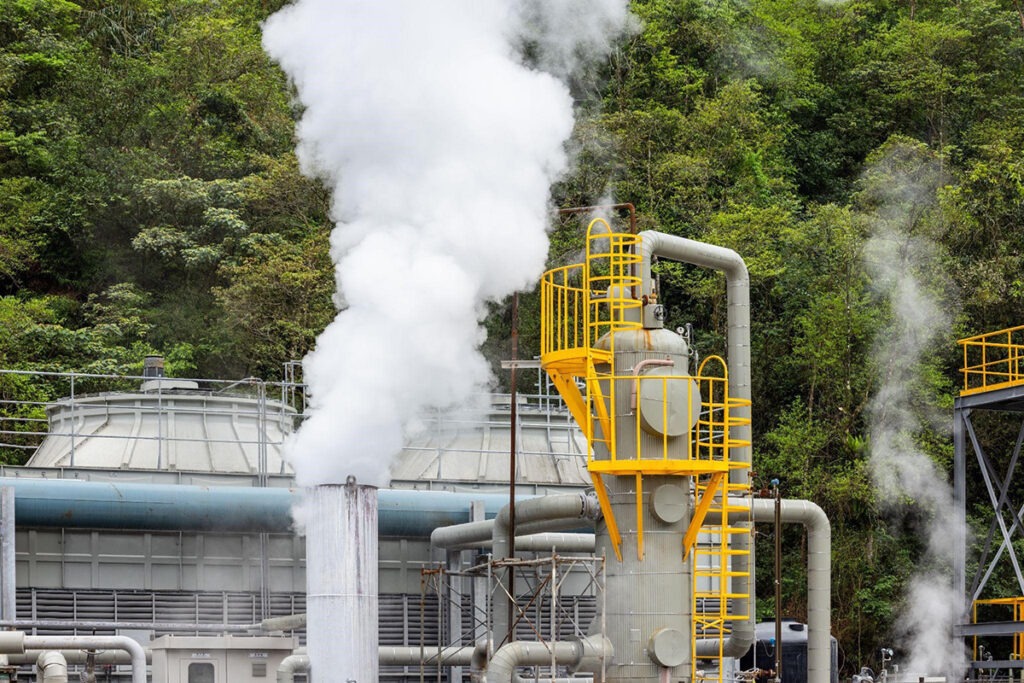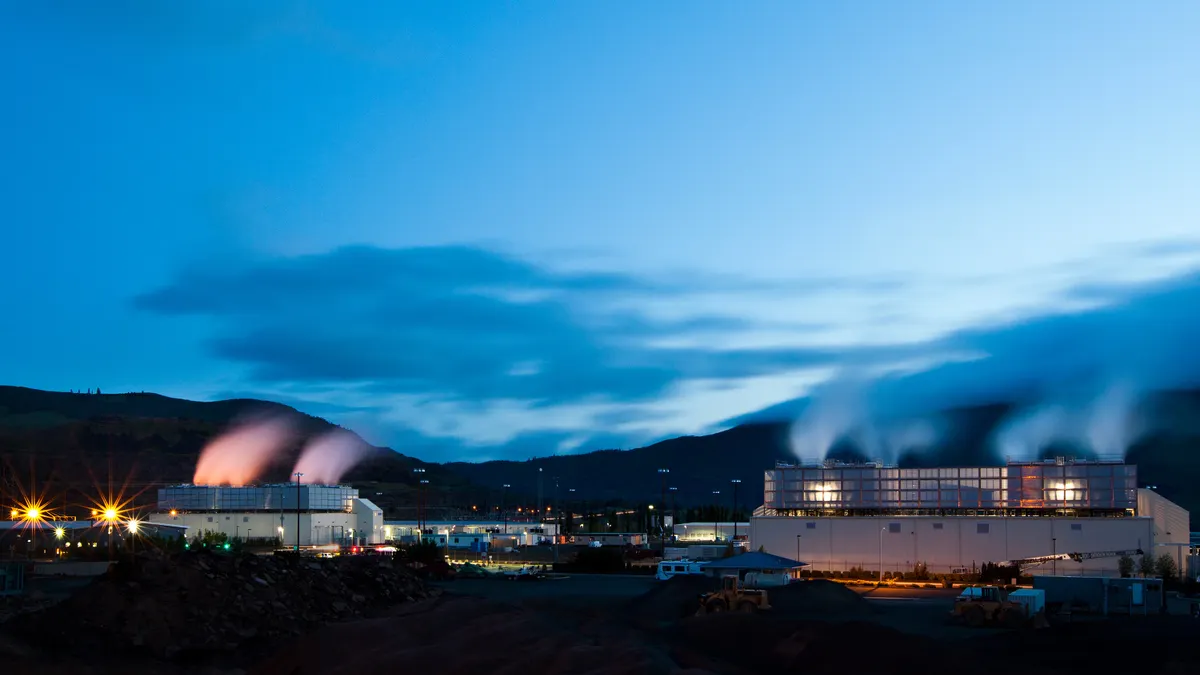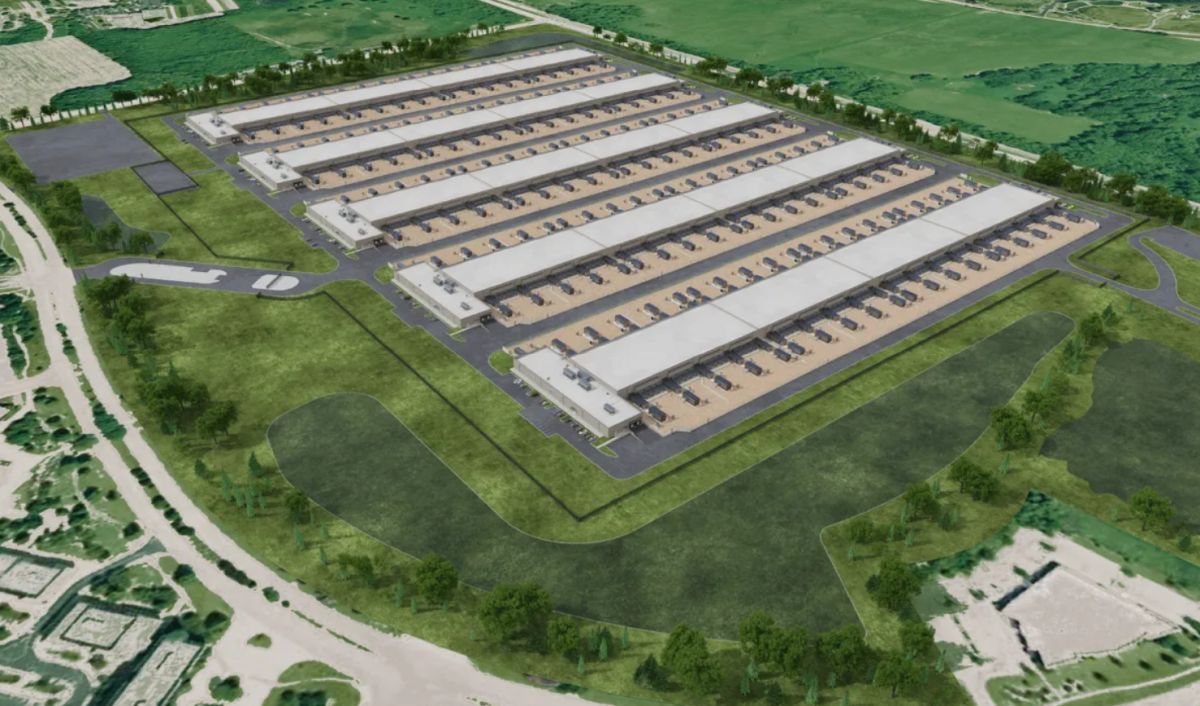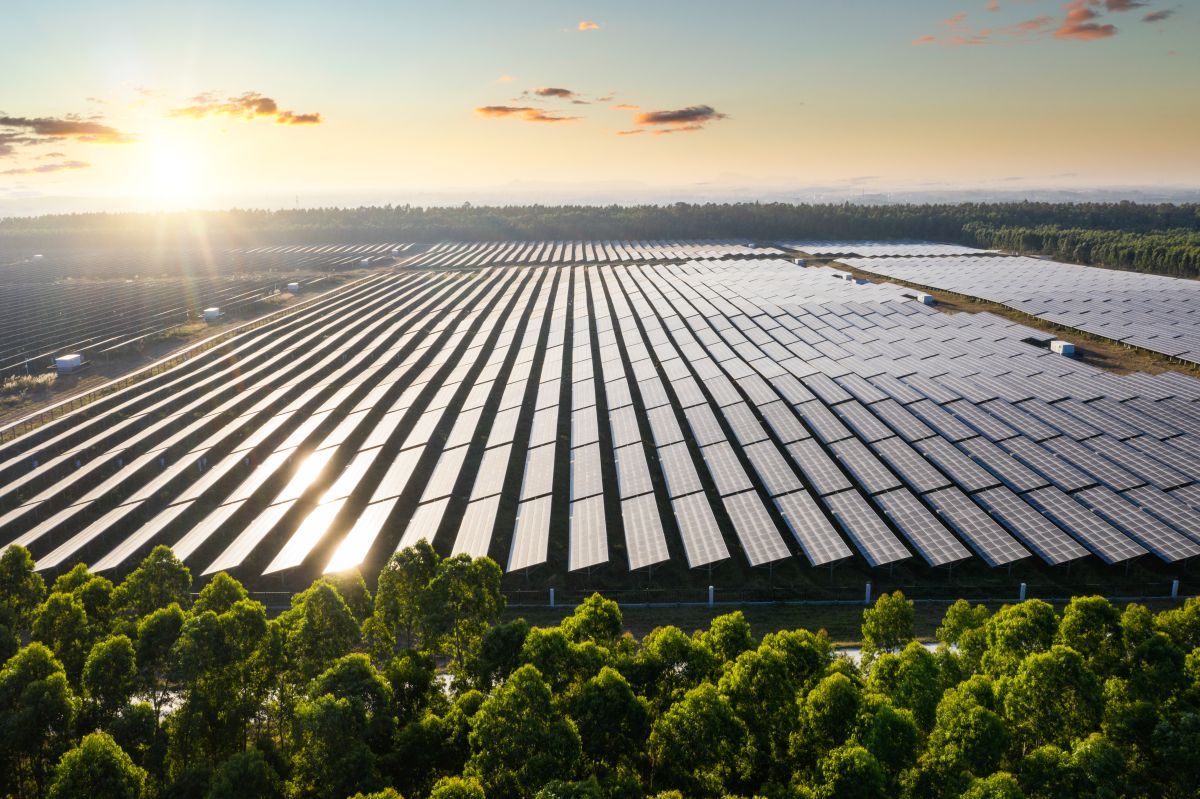WWW.UTILITYDIVE.COM
Geothermal resources account for 4 GW of domestic electricity, but could scale up to 90 GW by 2050, experts say.
Dive Brief:
- Next-generation geothermal developer Fervo Energy has raised $244 million in new funding, in a round by shale oil and gas company Devon Energy, the company announced Thursday.
- The latest round of funding will support Fervo Energy’s continued operations at Cape Station – a 400-MW project in Beaver County, Utah – that is expected to come online in 2026, Sarah Jewett, the company’s vice president of strategy, said in an email.
- Geothermal resources account for around 4 GW of electricity capacity in the U.S., but a recent analysis from the agency from the U.S. Department of Energy indicates that enhanced geothermal technology could provide more than 90 GW of firm and flexible electricity to the grid by 2050 – the equivalent of powering over 65 million homes.
Dive Insight:
“Demand for around-the-clock, carbon-free energy has never been greater, and enhanced geothermal is the best technologically and commercially viable resource capable of satisfying these power needs,” Jewett said.
Fervo Energy’s technology, meanwhile, is based on approaches used in the drilling and production of modern oil and gas, and includes precision drilling to drill horizontally into geothermal reservoirs, according to Jewett. This way, it is able to make multiple wells in a single location, reducing both the technology’s surface footprint and drilling risks.
“Horizontal drilling also facilitates greater access to geology that was previously challenging to reach, increasing the total resource potential for geothermal energy,” she added.
This latest round of funding included entities like Galvanize Climate Solutions, John Arnold, Liberty Mutual Investments, Marunouchi Innovation Partners, Mercuria and Mitsubishi Heavy Industries.
The fundraise will support the company’s continued operations at Cape Station – a geothermal energy facility that is estimated to deliver some 400 MW of clean electricity, beginning in 2026 and reaching full potential in 2028. The project is located in Beaver County, Utah, a state that the company believes houses a lot of geothermal potential. Cape Station is estimated to provide around 160 full-time jobs in operations, reflecting more than $437 million in wages.
Experts say that developing geothermal capacity in the U.S. still faces challenges, including funding, permitting, costs and interconnection to the grid. All new energy technologies have historically depended on public and private support, Jewett said, “and it’s critical that we see the same backing for geothermal technologies.”
Policymakers can help address some of these challenges by providing near-term tax incentives to help the geothermal industry implement technologies to drive down costs and be competitive with other forms of power generation, Cindy Taff, CEO of geothermal company Sage Geosystems, said in an email.
“The Inflation Reduction Act is a great start with Investment Tax Credits up to 60% in some areas. Policy makers should also implement policies that encourage implementation of geothermal baseload and also long-duration storage that can bring inertia and ramp-up ability to the grid,” she added.
There is strong bipartisan support for geothermal energy, Jewett added.
“The oil and gas industry, and to some extent wind and solar, enjoy streamlined permitting processes and robust funding. The geothermal energy industry would benefit from being included as well,” she said.










